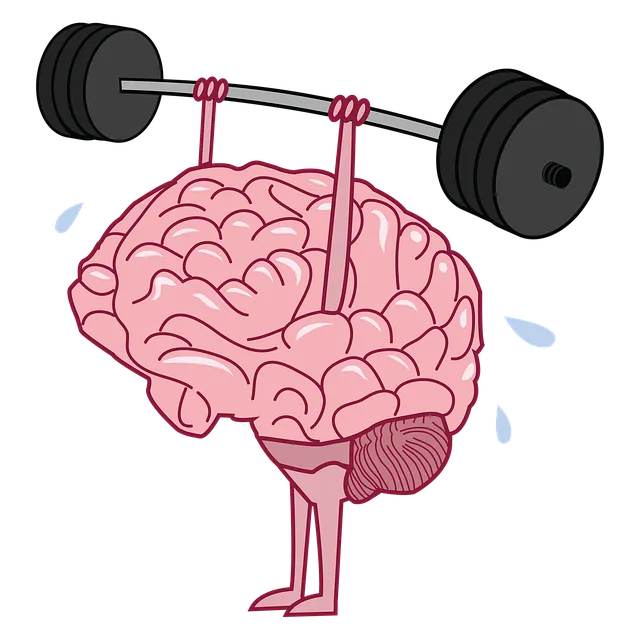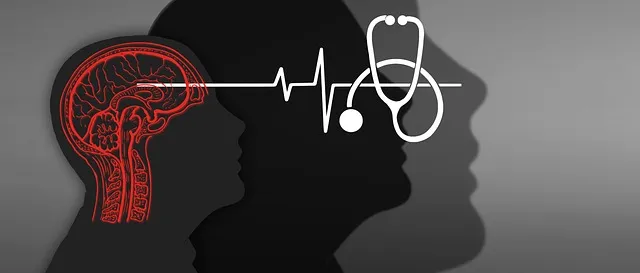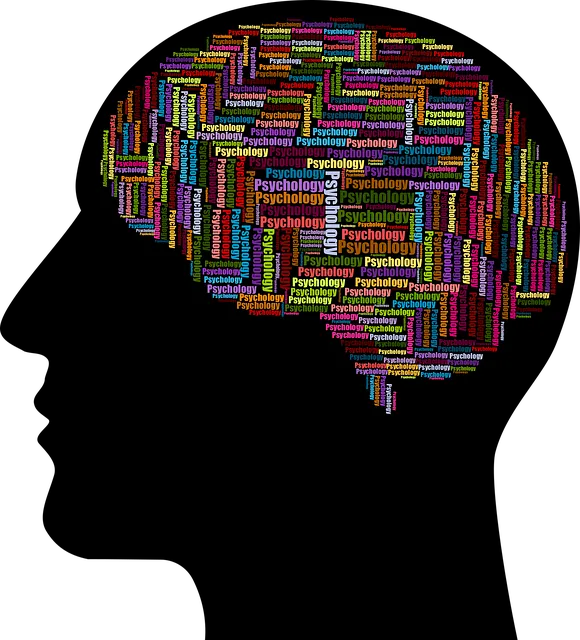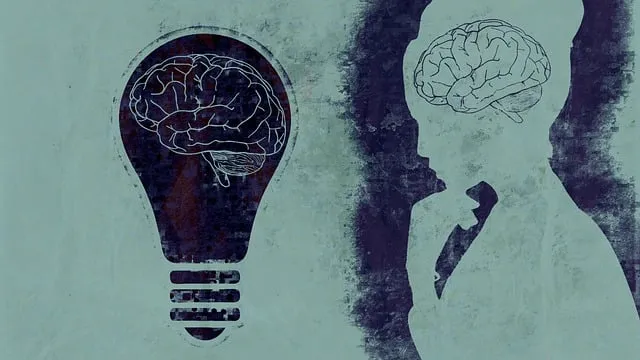Mental health conditions significantly impact social interactions, hindering relationships and performance in settings like Kaiser Permanente mental health jobs in Golden. These conditions cause withdrawal, concentration issues, fatigue, and emotional dysregulation, affecting communication and empathy. To address this, Kaiser Permanente offers comprehensive programs combining direct treatment with social skills training, focusing on emotional regulation (like mindfulness) and self-care routines. Their holistic approach includes community outreach and staff wellness priorities, enhancing patient care and recovery. Social skills training, led by experts at these mental health jobs, uses role-playing and peer support groups to improve comfort in social situations, integrating crisis intervention guidance and cultural sensitivity for personalized, inclusive practices that benefit diverse patients.
Social skills training is a powerful tool for individuals with mental health conditions, offering a pathway to enhanced well-being and improved quality of life. This article explores the critical role that organizations like Kaiser Permanente play in providing comprehensive support through their mental health jobs. We delve into the key components of effective social skills programs, offering practical strategies for clinical settings to foster meaningful connections and navigate social challenges. Discover how such initiatives can empower individuals, promoting a sense of belonging and overall mental resilience, especially in the Golden State.
- Understanding the Impact of Mental Health Conditions on Social Interactions
- The Role of Kaiser Permanente Mental Health Jobs in Training and Support
- Key Components of Effective Social Skills Training Programs
- Practical Strategies for Improving Social Skills in Clinical Settings
Understanding the Impact of Mental Health Conditions on Social Interactions

Mental health conditions significantly shape and impact an individual’s social interactions, often creating barriers to meaningful connections and relationships. Conditions like depression, anxiety, or PTSD can lead to social withdrawal, making it challenging for individuals to engage in social activities, maintain friendships, or perform well in professional settings, such as those offered by Kaiser Permanente mental health jobs in Golden. The symptoms of these disorders—including difficulty concentrating, fatigue, and emotional dysregulation—can hinder effective communication and empathy, essential components of healthy social relationships.
Understanding the intricate relationship between mental health and social skills is crucial for developing comprehensive support systems. This involves not only providing direct treatment for the condition but also equipping individuals with strategies to navigate social situations effectively. For instance, training in social skills can help reduce anxiety in social settings (Anxiety Relief), improve risk assessment capabilities for mental health professionals (Risk Assessment for Mental Health Professionals), and foster a sense of belonging and community, ultimately enhancing overall well-being and recovery.
The Role of Kaiser Permanente Mental Health Jobs in Training and Support

Kaiser Permanente mental health jobs in Golden play a pivotal role in training and supporting individuals managing various mental health conditions. These positions are not just employment opportunities; they are platforms for fostering resilience building among clients. Through structured programs and individualized support, professionals at Kaiser Permanente help patients navigate their journeys towards improved mental well-being.
The organization’s commitment to excellence extends beyond clinical care with its Community Outreach Program Implementation. This initiative aims to connect individuals with resources and services in their communities, promoting a holistic approach to mental health management. Moreover, Kaiser Permanente prioritizes staff wellness through burnout prevention strategies, ensuring that the frontline workers who play a crucial role in mental health support remain motivated and resilient.
Key Components of Effective Social Skills Training Programs

Effective social skills training programs for mental health conditions are multifaceted and tailored to meet individual needs. At Kaiser Permanente mental health jobs in Golden, experts emphasize key components that foster meaningful connection and improved well-being. Firstly, these programs focus on Emotional Regulation, teaching individuals strategies to identify and manage their emotions effectively in various social settings. This involves learning to recognize triggers, practicing calming techniques like Mindfulness Meditation, and developing coping mechanisms to navigate intense emotional states.
Additionally, Self-Care Routine Development for Better Mental Health is a core element. Participants are guided in creating personalized self-care plans that incorporate healthy habits such as regular exercise, balanced nutrition, and adequate sleep. These routines not only support overall physical health but also serve as foundational practices to enhance social interactions by improving focus, energy levels, and emotional stability.
Practical Strategies for Improving Social Skills in Clinical Settings

In clinical settings, Social Skills Training plays a pivotal role in enhancing the lives of individuals with mental health conditions, particularly when coupled with expert guidance from professionals like those at Kaiser Permanente mental health jobs in Golden. Practical strategies such as role-playing scenarios and peer support groups can foster a safe environment for learning and practice. These methods enable patients to navigate social situations more comfortably, improving their ability to form connections and maintain relationships.
Additionally, integrating Crisis Intervention Guidance and Cultural Sensitivity in Mental Healthcare Practice further enriches the training process. By understanding the impact of cultural backgrounds on social interactions, healthcare providers can tailor interventions to meet diverse needs. This personalized approach not only enhances the effectiveness of Social Skills Training but also promotes inclusive practices that resonate with a broader spectrum of patients, ultimately contributing to improved mental health outcomes.
Social skills training is a powerful tool for individuals with mental health conditions, offering a path to enhanced connections and improved well-being. As organizations like Kaiser Permanente in Golden prioritize mental health awareness, these structured programs become integral to comprehensive care. By incorporating evidence-based strategies, we can enable individuals to navigate social interactions more confidently, fostering supportive communities and ultimately improving their overall mental health and quality of life.






